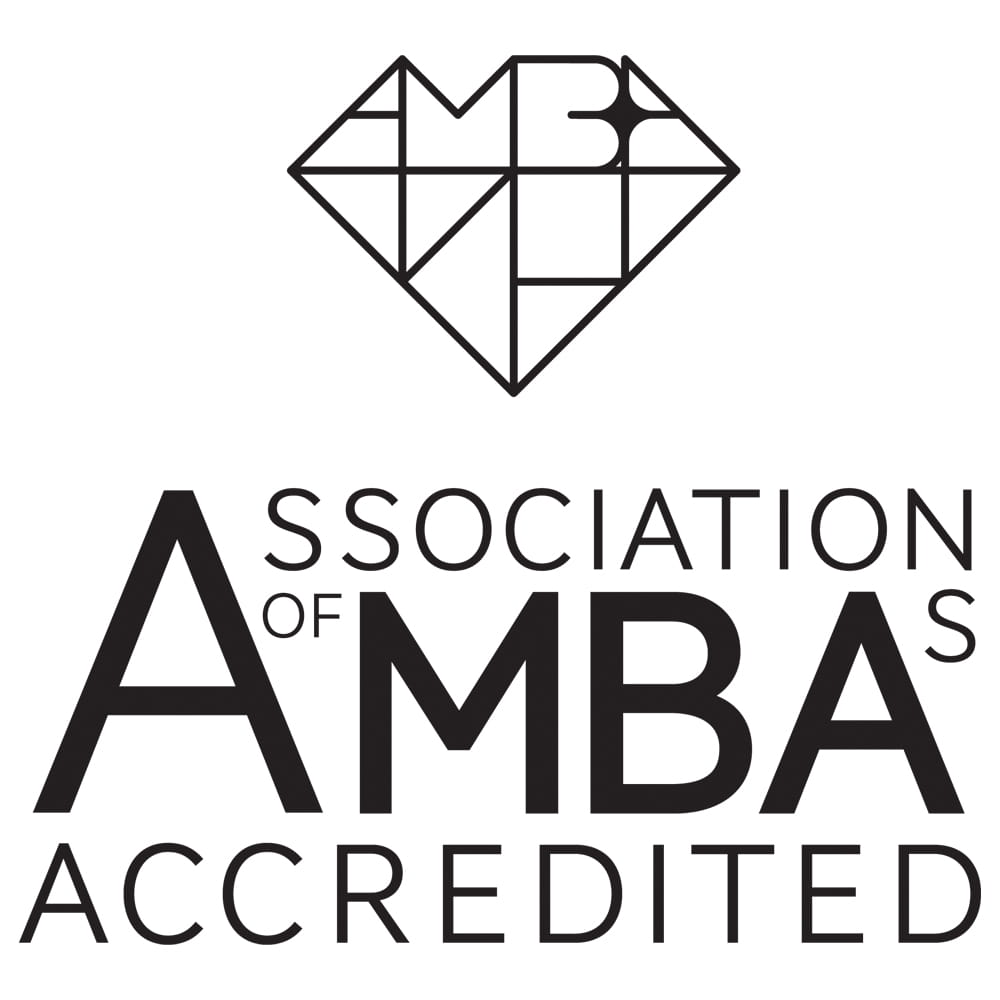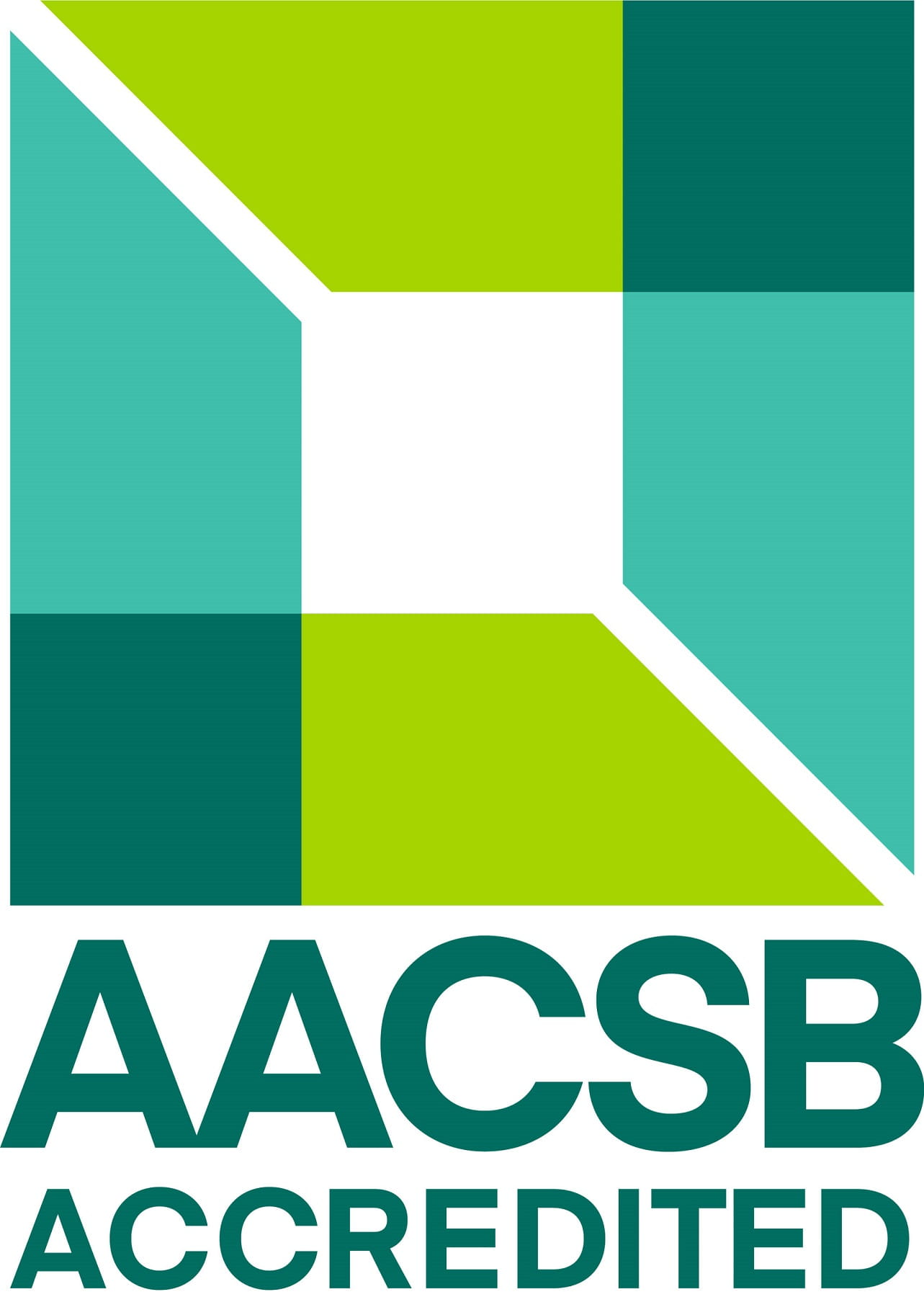Ready to take your career to the next level and make an impact?
The Essex MBA is for ambitious professionals, entrepreneurs, innovators, and leaders who are eager to deliver sustainable business solutions and build a future they believe in.
At Essex Business School, we cultivate your talent and empower you to think faster and smarter. Whether you want to sharpen your strategic thinking, enhance your leadership, or develop an entrepreneurial mindset, this MBA equips you with the skills and insights to thrive in today’s fast-paced business world.
Push Your Potential
The Essex MBA goes beyond a degree. You’ll gain hands-on experience in key business areas like strategic marketing, sustainable operations, and finance. With a focus on globalisation, sustainability, and innovation, you’ll develop the edge to lead and drive change.
Real-World Learning: Director’s Workshops
Our Director’s Workshops are immersive, one or two-day sessions that bring theory to life through expert presentations, group activities, and collaborations with business incubators. Explore topics like personal branding, risk management, and business creation, all tailored to real-world challenges.
Business Planning and Consultancy Weeks
During Business Planning and Consultancy Weeks, you’ll work with professionals to bid for, run, and deliver a project over five days—applying what you've learned in a real business context, refining your skills, and standing out from your peers.
Start Strong, Graduate Stronger
Your MBA journey starts with a week focused on networking, teamwork, and adaptive thinking. It ends with the Capstone, where you’ll complete a dissertation, business plan, or consultancy project tailored to your goals.
Become a Leader for a Sustainable Future
Gain the knowledge, skills, and behaviours to lead responsibly, navigate challenges, and shape the future of business. Are you ready to make your mark?
Flexible study options
If you'd like more time to complete your Essex MBA, you could also choose to study part-time over three years. Or, you could choose our modular pathway which is the most flexible option. This pathway allows you to take your modules in any order, and study your MBA over 5 years.
Our part-time and modular options give you the most amount of freedom to complete your MBA alongside your existing employment, running your own business, and other life commitments.
Looking to complete your MBA in one-year? Take a look at our full-time programme.
Scholarships and discounts
At Essex Business School, we are proud to support the best MBA candidates through our Essex MBA Dean's Award offering fee discounts of 10% and above.












